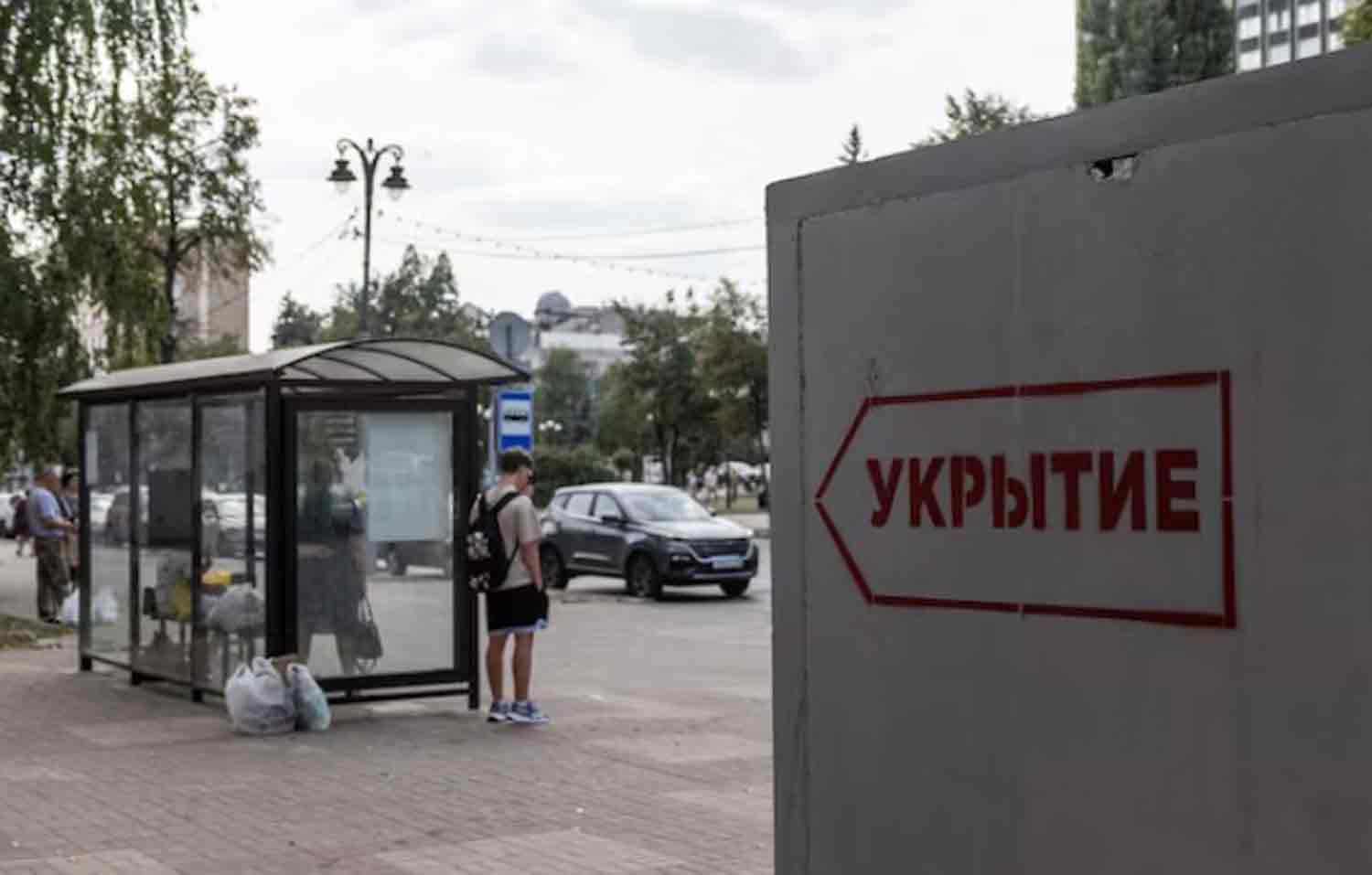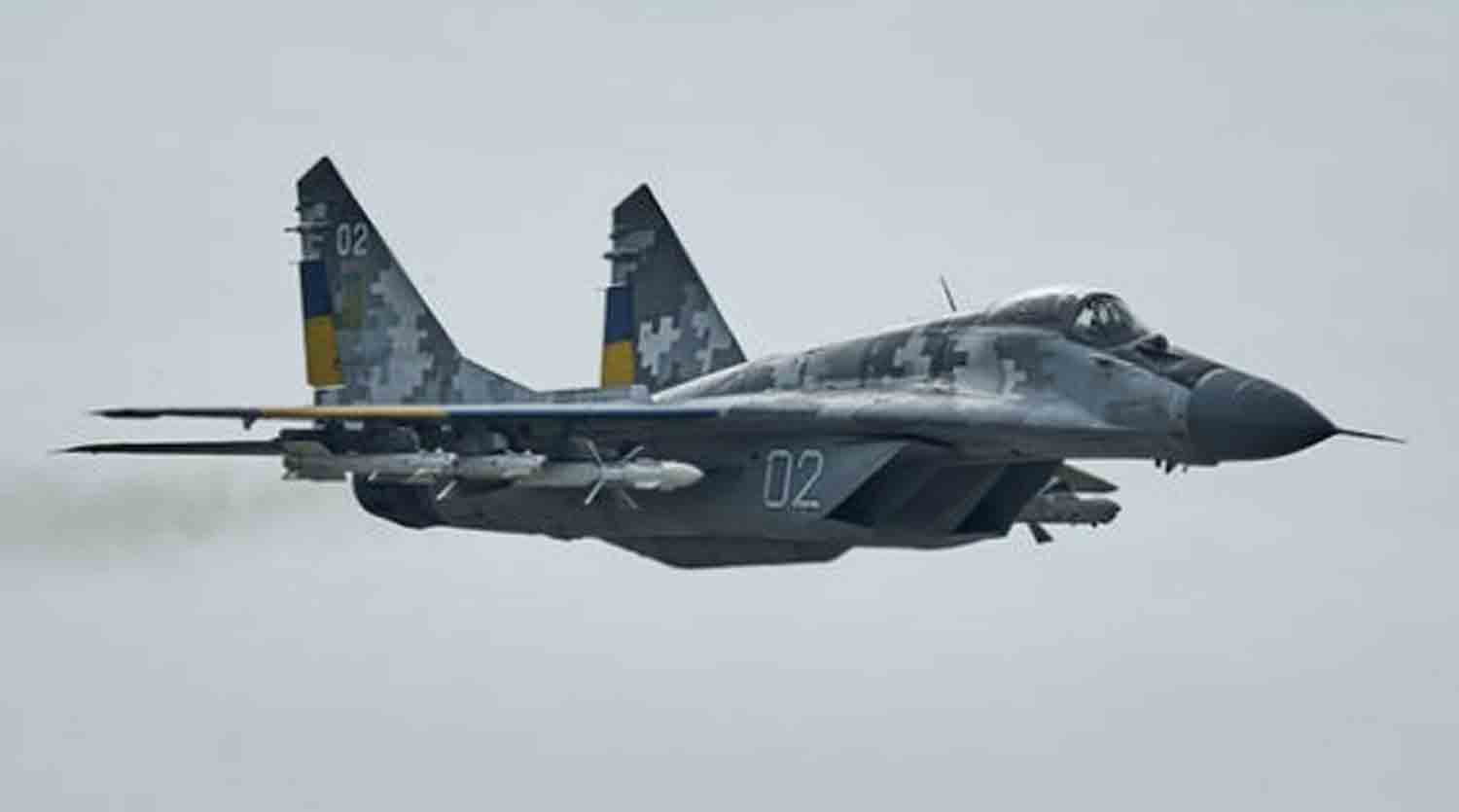Honduras has issued a warning regarding the potential expulsion of United States troops in response to President Donald Trump’s proposed mass deportations of refugees and asylum seekers from Central America.
Trump’s initiative could impact hundreds of thousands of individuals from Honduras, a nation that is home to a significant US military installation.
This situation highlights the tensions between the United States, the world’s leading superpower, and its smaller neighbor, raising important questions about the implications for their bilateral relations.
What is Honduras’s stance on US military presence?
In her New Year’s address, President Xiomara Castro of Honduras indicated that the country might reassess its military collaboration with the United States if President-elect Donald Trump proceeds with his plans for mass deportations of undocumented immigrants.
Castro emphasized that US military installations in Honduras, especially the Soto Cano Airbase, would “lose all reason to exist” should these deportations take place. She also took the opportunity to critique the enduring US military presence in Honduras more generally.
“In light of a hostile approach involving the mass expulsion of our compatriots, we would need to reevaluate our cooperation policies with the United States, particularly in the military sector, where for decades they have maintained military bases on our land without any financial contribution, which would, in this case, lose all justification for being in Honduras,” she stated in a televised address.
How important are US military bases in Honduras?
The significance of US military bases in Honduras cannot be overstated, particularly with regard to Soto Cano Airbase, which plays a crucial role in broader Central American operations that also encompass smaller installations in El Salvador.
Established in the 1980s to address perceived communist threats, Soto Cano is home to over 1,000 US military and civilian personnel. It stands out as one of the few sites capable of accommodating large aircraft traveling between the US and Colombia, aside from Guantanamo Bay.
This base is vital for the swift deployment of US forces throughout the region, facilitating disaster relief efforts, humanitarian assistance, and counter-narcotics initiatives.
Its strategic location near drug trafficking routes in Central and South America further enhances its importance as a base for surveillance and interdiction operations.
Nonetheless, some analysts have raised concerns regarding the rationale behind the US military’s presence at Soto Cano, particularly following Washington’s support for the administration of Juan Orlando Hernandez, who was extradited to the US in 2022 on charges related to drug trafficking and money laundering.
Hernandez served as president of Honduras on two occasions and has been incarcerated in New York since June 2024, facing a 45-year prison sentence.
Dana Frank, professor emerita of history at the University of California, Santa Cruz, expressed her views to Al Jazeera, stating, “It is hypocritical to claim that they are utilizing Soto Cano to combat drug trafficking, especially when the US has been supporting, legitimizing, and investing millions into the corrupt administration and military of Honduras.”
While the US does not financially compensate Honduras for the Soto Cano base, it does provide certain advantages to the Central American country.
Eric Olson, a global fellow at the Wilson Center, noted, “The US military presence in Honduras is generally well-received, contributes economically, and offers specific advantages in terms of infrastructure development, intelligence sharing, and emergency support during severe weather events that frequently affect Honduras.”
How significant is the threat – and why is Honduras making it?
The implications of the threat posed by Honduras are significant, marking a pivotal moment in Central American geopolitics.
Frank remarked, “This represents a compelling and critical turning point regarding the US’s role, which has assumed it will continue to dominate the Western Hemisphere, particularly Central America.”
Frank indicated that the US military might be particularly motivated to maintain its presence at Soto Cano due to competition with China, which lacks a military foothold in Central America.
Analysts suggest that Honduras would be reluctant to sever its ties with the US, as the nation heavily depends on remittances from its citizens abroad. In 2022, remittances accounted for 27 percent of Honduras’ gross domestic product. The largest segment of its diaspora resides in the US, where approximately 5 percent of the Honduran population—over 500,000 individuals—live, according to estimates from the Pew Research Center.
Hondurans significantly contribute to the US economy, especially in labor-intensive industries. For instance, during the collapse of the Francis Scott Key Bridge in Baltimore in March 2024, one of the six construction workers who lost their lives was a Honduran national, alongside other immigrants from Mexico, Guatemala, and El Salvador.
However, this very dependency complicates Honduras’ ability to remain passive in response to threats of mass deportations. Deputy Foreign Minister Tony Garcia has stated that around 250,000 Hondurans could face expulsion from the US in 2025, a figure that Honduras is ill-prepared to accommodate.
The absence of remittances from its citizens in the US could severely impact Honduras’ economy.
How likely is it that Honduras will act on these threats?
Some analysts perceive the threat as a negotiating strategy rather than an imminent policy change, arguing that Honduras lacks the leverage to significantly affect US policies.
“In the end, I sense that Honduras is making threats with a very weak hand,” Olson remarked to Al Jazeera.
Frank characterized the action as a “preemptive strike” against Trump and a notable assertion of Honduran and Central American sovereignty.
Trump has committed to rapid deportations of undocumented immigrants; however, his administration has yet to outline specific strategies, leaving Latin American nations in a state of uncertainty as they attempt to prepare for potential changes.
Additionally, he has threatened to impose a 25-percent tariff on Mexico and Canada if they fail to curb the influx of migrants and fentanyl into the United States.
What could be the U.S. response, and what implications does this have for diplomatic relations?
Olson remarked to Al Jazeera that this threat could have significant repercussions for U.S.-Honduras relations, especially under a Republican administration. He noted that the Honduran government is “playing with fire.”
“I find it hard to believe that President Trump will respond positively to threats against the U.S. military from a government that Republicans are already inclined to associate with Nicaragua and Venezuela,” he stated, predicting that bilateral relations could deteriorate regardless of the situation at Soto Cano.
Olson indicated that a breakdown in military ties with Honduras would be disappointing for the U.S. but not detrimental to its military operations.
Soto Cano has historically been significant, particularly during the 1980s in the U.S.-supported Contra War against Nicaragua and in operations in El Salvador.
“It has a long and troubled history,” Frank pointed out, referencing its involvement during the 2009 military coup in Honduras, when the ousted President Manuel Zelaya’s plane was refueled there.
However, Olson suggested that Soto Cano Airbase may no longer possess the strategic value it once had in the 1980s and 1990s.
“The U.S. military has been contemplating a withdrawal from Soto Cano for a while,” Olson noted, explaining that operations like counter-narcotics and emergency responses could be managed from alternative sites.
Frank also cautioned that Republicans, including Marco Rubio, are likely to portray President Castro’s administration as aligned with anti-U.S. regimes such as those in Venezuela and Nicaragua.
“This narrative will probably be framed within a broader anti-communist Cold War context,” she added.
Discover more from Defence Talks | Defense News Hub, Military Updates, Security Insights
Subscribe to get the latest posts sent to your email.





